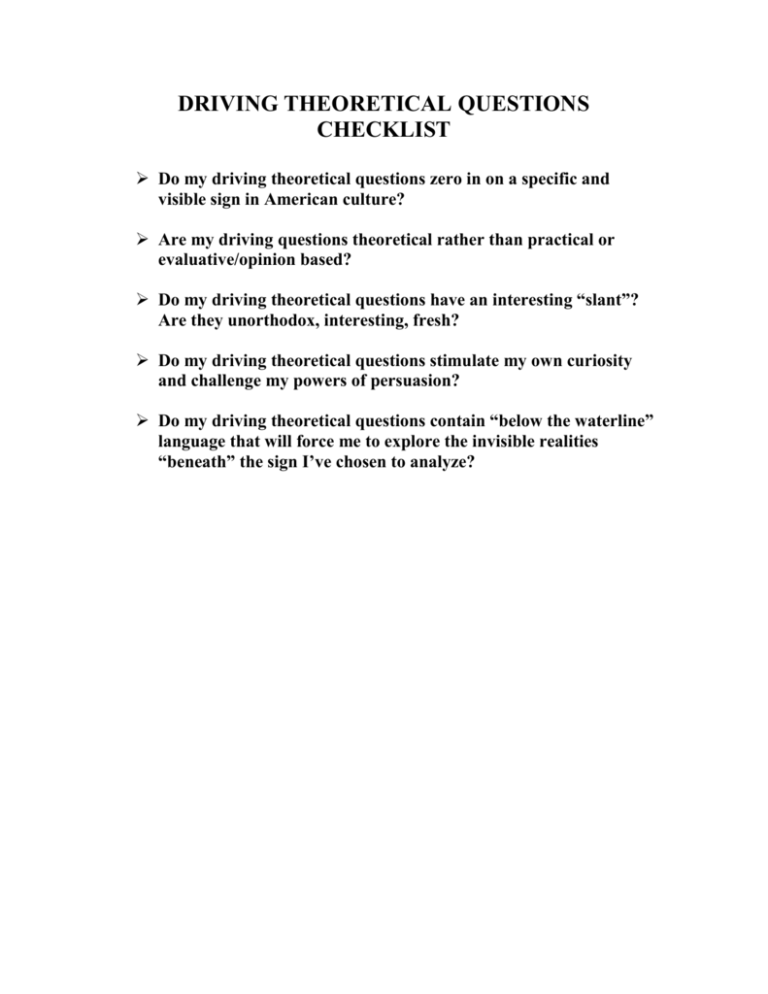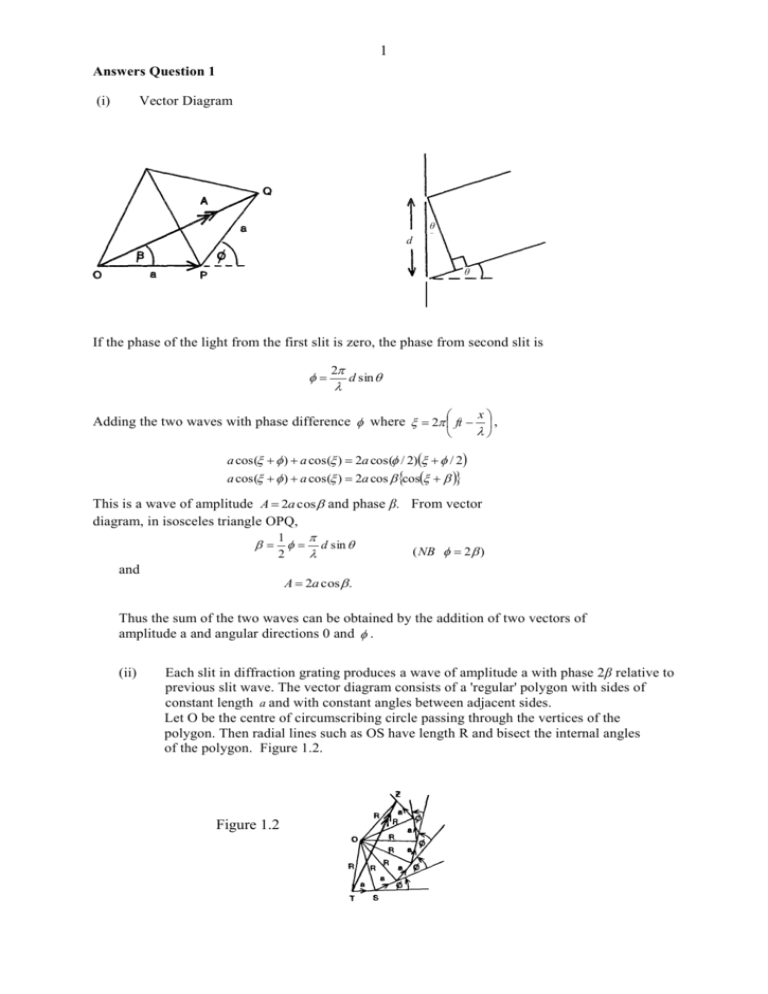Ever wondered what would happen if gravity decided to take a day off? Or if cats ruled the world? Well, you're about to dive into a universe of funny theoretical questions that'll make your brain do cartwheels while your face cracks up in laughter. In this article, we'll explore the wacky side of curiosity and prove that sometimes, the best answers are the ones that make no sense at all. So, grab a snack, sit back, and let’s get weird together.
Life is full of questions, but not all questions are created equal. While some queries are serious and life-changing, others exist purely to tickle our funny bones and stretch the boundaries of imagination. Funny theoretical questions are like the wild cards of conversation—they pop up when you least expect them and turn a dull moment into a hilarious debate.
What makes these questions so special? Well, they're not just about getting an answer—they're about creating a moment of pure joy and wonder. Whether you're brainstorming with friends, killing time on a road trip, or just trying to lighten the mood, funny theoretical questions are the perfect tool for sparking creativity and laughter. So, are you ready to take this journey with us? Let’s roll!
Read also:Is Joan Jett Married To Kenny Laguna Unveiling The Rock N Roll Romance
Why Funny Theoretical Questions Matter
Believe it or not, funny theoretical questions serve a greater purpose than just being quirky conversation starters. They tap into our innate desire to explore the "what ifs" of life, fostering creativity and critical thinking. Plus, who doesn’t love a good laugh?
These questions encourage us to think outside the box, challenge conventional wisdom, and embrace the absurd. They’re like mental gymnastics for your brain, keeping things fresh and exciting. And let’s be honest, in a world that can sometimes feel heavy, a little lightheartedness goes a long way.
Plus, they’re perfect for bonding. Imagine sitting around with your friends or family, tossing out wild scenarios and seeing where the conversation takes you. It’s not just about the answers—it’s about the journey and the laughter along the way.
How Funny Theoretical Questions Spark Creativity
When you ask someone, "What would happen if dinosaurs had smartphones?" you’re not just looking for a fun response—you’re inviting them to imagine a world that doesn’t exist. This kind of creative thinking is invaluable, whether you’re an artist, a scientist, or just someone who enjoys a good brainstorming session.
By exploring the absurd, we open ourselves up to new ideas and possibilities. Funny theoretical questions push us to think beyond the obvious, encouraging us to connect seemingly unrelated concepts in unexpected ways. Who knows? Your next big idea might start with a silly question.
Top 10 Funny Theoretical Questions to Get You Started
Ready to dive into the world of funny theoretical questions? Here’s a list of ten gems to get your imagination rolling:
Read also:Fast Times At Ridgemont High Now A Fresh Look At The Classic And Its Impact Today
- If you could only eat one food for the rest of your life, what would it be?
- What would happen if all animals suddenly spoke perfect English?
- If you could trade places with any fictional character for a day, who would it be?
- What would the world look like if humans had wings?
- If you could live in any video game, which one would it be?
- What would happen if gravity reversed for one hour every day?
- If you could invent any superpower, what would it be?
- What would the world be like if cats were in charge?
- If you could have any mythical creature as a pet, which one would you choose?
- What would happen if everyone had the same dream every night?
These questions are just the tip of the iceberg. The possibilities are endless, and the fun lies in exploring them with others.
Why These Questions Are Funny
What makes these theoretical questions so amusing is their sheer absurdity. They take everyday concepts and turn them on their heads, creating scenarios that are both ridiculous and relatable. For example, imagining a world where cats are in charge might sound far-fetched, but anyone who’s owned a cat knows they already think they’re running the show.
It’s this blend of humor and logic that makes funny theoretical questions so engaging. They’re not just jokes—they’re thought experiments that encourage us to see the world from a different perspective. And isn’t that what makes life interesting?
How to Use Funny Theoretical Questions in Everyday Life
Now that you’ve got a list of questions, how do you incorporate them into your daily life? The possibilities are endless! Here are a few ideas to get you started:
- Icebreakers: Use these questions at parties, meetings, or any social gathering to break the ice and get people talking.
- Family Fun: Turn family game night into a theoretical question marathon. See who can come up with the funniest answers!
- Team Building: Incorporate these questions into team-building exercises to foster creativity and collaboration.
- Long Car Rides: Next time you’re stuck in traffic or on a road trip, whip out a few questions to keep everyone entertained.
- Personal Reflection: Sometimes, the best way to learn about yourself is to ask the weirdest questions. Challenge yourself to answer these questions honestly and see where they take you.
By integrating funny theoretical questions into your routine, you’ll find new ways to connect with others and explore your own creativity. Plus, they’re just plain fun!
Benefits Beyond Laughter
While the primary goal of funny theoretical questions is to make people laugh, they also offer a host of other benefits:
- Stress Relief: Laughter is one of the best medicines, and these questions are sure to bring a smile to your face.
- Improved Communication: Engaging in playful conversations helps build trust and understanding between people.
- Enhanced Creativity: Thinking about unusual scenarios can spark new ideas and inspire innovation.
- Bonding Opportunities: Sharing laughter and insights creates stronger connections with others.
So, the next time you’re looking for a way to lighten the mood or spark some creativity, remember the power of funny theoretical questions.
Historical Context: The Evolution of Funny Theoretical Questions
Believe it or not, funny theoretical questions have been around for centuries. Philosophers and thinkers throughout history have used absurd scenarios to challenge conventional wisdom and explore the mysteries of the universe. From Socrates’ Socratic method to modern-day internet memes, the tradition of asking wild and wacky questions continues to thrive.
One of the earliest examples of funny theoretical questions comes from the ancient Greeks, who loved to debate the impossible. Questions like, "How many grains of sand make a heap?" or "Can a man be both bald and not bald at the same time?" may seem silly, but they were actually serious philosophical inquiries into the nature of reality.
Fast forward to today, and you’ll find funny theoretical questions everywhere—from late-night talk shows to social media challenges. They’ve become a staple of modern humor, proving that sometimes the best way to understand the world is to laugh at it.
Modern-Day Examples
Take, for example, the viral "If Dinosaurs Had Phones" meme. This simple question sparked a wave of creativity, with people imagining everything from T-Rex selfies to velociraptor group chats. It’s a perfect example of how funny theoretical questions can capture the imagination of millions.
Another popular trend is the "What If" series on YouTube, where creators explore bizarre scenarios like "What if the moon was made of cheese?" or "What if the Earth stopped spinning?" These videos combine humor with science, making complex topics accessible and entertaining.
How Funny Theoretical Questions Impact Our Minds
Research shows that engaging in playful thinking has numerous cognitive benefits. It boosts memory, enhances problem-solving skills, and even improves emotional well-being. When we laugh, our brains release endorphins, the feel-good chemicals that reduce stress and increase happiness.
Moreover, funny theoretical questions encourage divergent thinking, a key component of creativity. By exploring multiple solutions to a problem, we train our brains to think more flexibly and adaptively. This kind of thinking is essential in today’s fast-paced world, where change is constant and innovation is key.
Scientific Backing
Studies have shown that humor has a positive impact on mental health. It reduces anxiety, improves mood, and even strengthens social bonds. Funny theoretical questions tap into this power, providing a fun and effective way to boost your mental well-being.
In fact, some therapists use humor as a tool in cognitive-behavioral therapy, helping clients reframe negative thoughts and find joy in everyday life. So, the next time you’re feeling down, try asking yourself a funny theoretical question. You might be surprised at how much it helps!
Overcoming Challenges: Turning Funny Questions Into Serious Answers
Of course, not every funny theoretical question has a straightforward answer. Some are designed to be purely entertaining, while others can lead to meaningful discussions. The key is to approach each question with an open mind and a sense of humor.
If you’re struggling to come up with answers, don’t worry! That’s half the fun. The beauty of these questions lies in their ability to spark debate and inspire creativity. There’s no right or wrong answer—just endless possibilities.
Tips for Answering Funny Theoretical Questions
Here are a few tips to help you tackle these questions with confidence:
- Think Outside the Box: Don’t be afraid to get creative and explore unconventional ideas.
- Embrace Absurdity: Sometimes, the funniest answers are the ones that make no sense at all.
- Collaborate: Discussing these questions with others can lead to even more interesting insights.
- Have Fun: Remember, the goal is to enjoy the process, not find the perfect answer.
By following these tips, you’ll be able to turn even the silliest question into a meaningful conversation starter.
Conclusion: Keep the Fun Alive
In conclusion, funny theoretical questions are more than just a source of entertainment—they’re a powerful tool for creativity, connection, and personal growth. By embracing the absurd and exploring the unknown, we open ourselves up to new ideas and perspectives.
So, the next time you’re looking for a way to lighten the mood or spark some creativity, don’t hesitate to ask a funny theoretical question. Whether you’re sharing laughs with friends or exploring deep philosophical ideas, these questions have something for everyone.
And remember, the world is full of possibilities. Keep asking questions, keep laughing, and most importantly, keep having fun!
Table of Contents
- Why Funny Theoretical Questions Matter
- How Funny Theoretical Questions Spark Creativity
- Top 10 Funny Theoretical Questions to Get You Started
- How to Use Funny Theoretical Questions in Everyday Life
- Benefits Beyond Laughter
- Historical Context: The Evolution of Funny Theoretical Questions
- Modern-Day Examples
- How Funny Theoretical Questions Impact Our Minds
- Scientific Backing
- Overcoming Challenges: Turning Funny Questions Into Serious Answers


